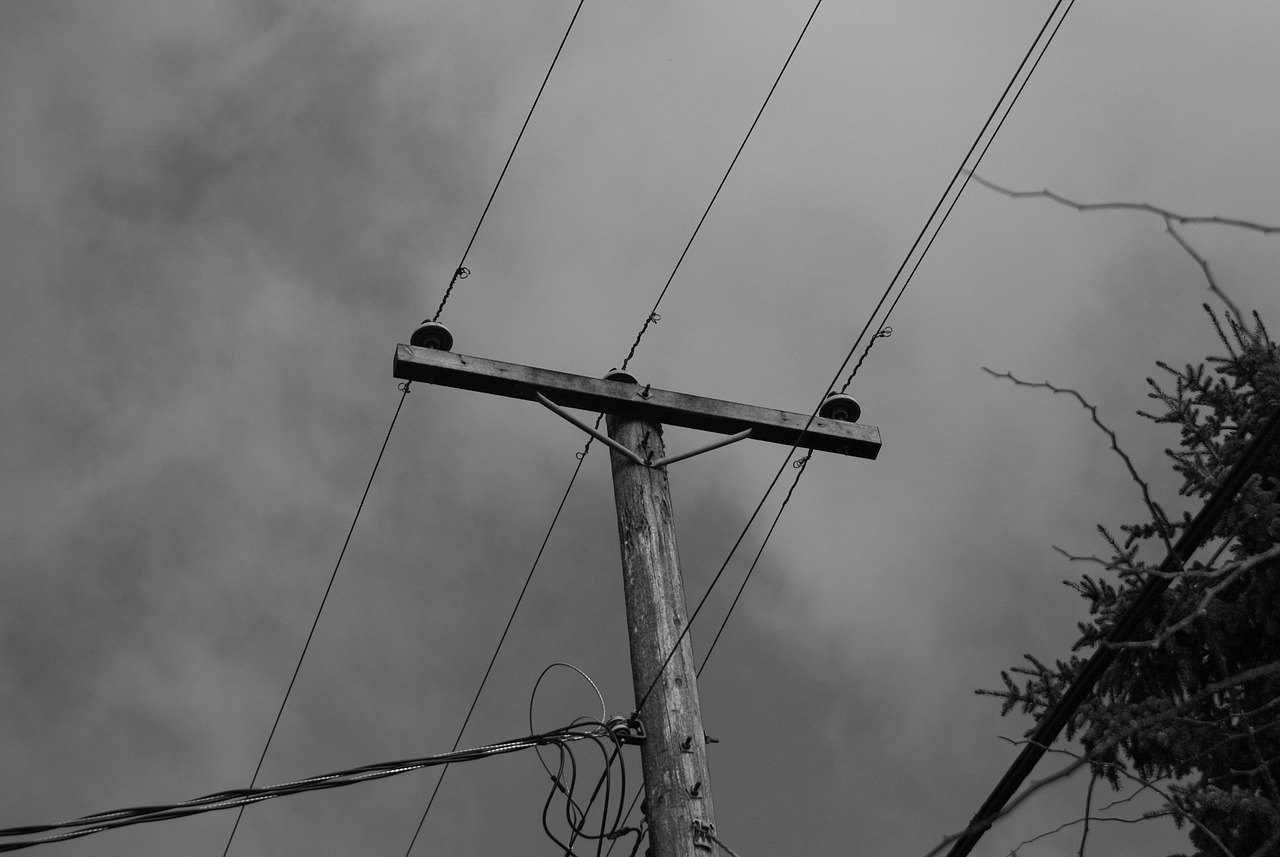What can you do about telephonophobia & phone anxiety?

Your phone lights up with an unknown number. Your chest tightens, palms sweat, and your thoughts start racing: Should I answer? Ignore it? Pretend I didn’t see it?
If that feels familiar, you’re not alone. Many people experience that physical panic response when the phone rings — a phenomenon known as telephonophobia, or phone anxiety.
In today’s hyper-connected world, voice calls can feel intrusive. But the reality is: the fear of phone calls is manageable, and with the right mindset, tools, and small habits, you can begin to reclaim calm and confidence in voice communication.
Understanding telephonophobia and why it’s widespread
Telephonophobia (also called telephone phobia or phone anxiety) is essentially a fear or intense discomfort around making or receiving phone calls. On the milder end, some people feel stress or dread; in more extreme cases, they might completely avoid calls, let them go unanswered, or experience panic-like symptoms when the phone rings.
Reluctance to answer the phone isn’t surprising given the data:
- A 2024 FCC / telecom industry review noted that robocall volumes in the U.S. remain enormous — over 52.8 billion robocalls in 2024 alone, with telemarketing calls spiking nearly 26% year over year.
- In December 2024, U.S. consumers received nearly 4.4 billion robocalls in just that month, with over half of all robocalls being telemarketing or scam calls.
- Psychologists point out a cultural dimension: younger generations are now treating calls as an inconvenience. One survey found that only 16% of Gen Z and millennials believe phone calls are a “valuable use of time.”
- A writer in The Cut quoted a clinical reasoning: “Part of [phone anxiety] is inexperience … they understand texting rules, but not how to manage a phone conversation — when to pause, how to transition topics, how to end it.”
These trends paint a clear picture: calls are under pressure in modern communication culture. That can exacerbate anxiety for those already struggling with telephonophobia.
Ways to overcome the fear of phone calls
If anxiety about phone calls is interfering with your relationships, work, or well-being, you may consider seeking support from a mental health professional who may recommend specific therapeutic techniques. If you prefer to navigate your phone anxiety on your own, there are a few approaches that could be employed during your day-to-day life.
Mindful communication: Owning your calling space
Anxiety often stems not just from the call itself but from the uncontrollable noise that surrounds it: unknown numbers, spam calls, constant buzzing. To reduce telephone anxiety, you can designate areas of your home or workspace as “zones of control”. These are environments where you can limit the extra stimulus and distractions – places where you can close the door, sit in a comfortable chair, or even turn on a fan for gentle air movement. Finding an environment where your body can be comfortable and your distractions are limited can go a long way to supporting more mindful phone calls.
Your 3-minute calm calling routine
Life may not always provide the ideal environment to make or take calls in comfort, but most of us have a few minutes to spare in our days to use calming techniques before making or returning a call. Here is an easy routine to try:
- Pause & breathe deeply — slow inhales, slow exhales.
- Check your notes or visualize a positive outcome.
- Smile (even if faintly and even if it feels fake) and place the call.
- Celebrate the moment, even if it’s just acknowledging, “I did it.”
(Bonus tip: limit your call times to when you feel reasonably calm. Avoid pushing yourself when you’re already exhausted or overstimulated. Giving yourself some grace is important too.)
Who Do You Actually Want to Call?
Start letting go of the idea that every call is “important.” Begin curating your communication life so that your phone supports, rather than stresses, you.
Here is an easy prompt to ask yourself:
- Which calls energize or nourish me?
- Which calls feel draining or intrusive?
How a “dumb phone” or simple VoIP could help reduce phone anxiety
Rather than trying to “manage” a fully-featured smartphone with thousands of apps and distractions, many people find relief by simplifying the ways in which people can contact them. Using a basic VoIP phone or “dumb phone” helps make calling feel safer, more intentional, and less triggering.
Here’s how simplicity becomes a buffer:
- Block unwanted or spam calls automatically — especially useful when robocall volumes remain extremely high.
- Share your number selectively, limiting the expectation that you must be “always reachable.”
- Separate communication realms — dedicate one device or number only for trusted contacts (family, close friends), and another for general use.
- Regain calm — when your phone doesn’t ring with random numbers, you’ll start rebuilding confidence in answering the device again.
What’s exciting is that this approach of simplifying communication helps more than just those with phone anxiety.
- Older adults who find modern smartphones overwhelming.
- Neurodivergent individuals who prefer predictable, low-stimulation interactions.
- Remote workers or introverts looking to separate work vs. personal communication.
The comeback of calling
While many are gravitating toward text-based messaging, voice calls are re-emerging in some spaces for good reason:
- Voice conveys nuance, tone, empathy — things text often loses.
- In personal or business conversations, a phone call can sometimes resolve ambiguity faster.
- TikTok trends and dating apps are putting spontaneous calls back into the mix, challenging users to trade endless texting for human connection.
By working through telephone phobia, you regain access to a mode of communication that is authentic, human, and often underused.
Take a deep breath — and call (when you’re ready)
It’s normal to feel nervous. The path forward is gradual. With every small step — a low-stakes call, a simpler phone setup, a moment of self-affirmation — you reclaim your voice.
If tools like Ooma VoIP home phones help you block spam, control your reachability, and create a calm calling space, then they aren’t just tech — they’re peace-of-mind.
FAQs
What is telephonophobia?
Telephonophobia (phone anxiety, telephone phobia) is the fear or discomfort of making or answering calls, often triggering physical and emotional stress.
What causes the fear of phone calls?
It can arise from social anxiety, negative past experiences, or overstimulation from modern tech (spam calls, notifications). Many younger users also have less experience making voice calls, intensifying discomfort.
How can a simple VoIP or dumb phone help?
By letting you block unwanted calls and share your number only with trusted contacts, it gives you autonomy and reduces random interruptions.Is this just general anxiety?
No. Telephonophobia is a specific anxiety type focused on calls and phone-related interactions — though it can overlap with social anxiety.



